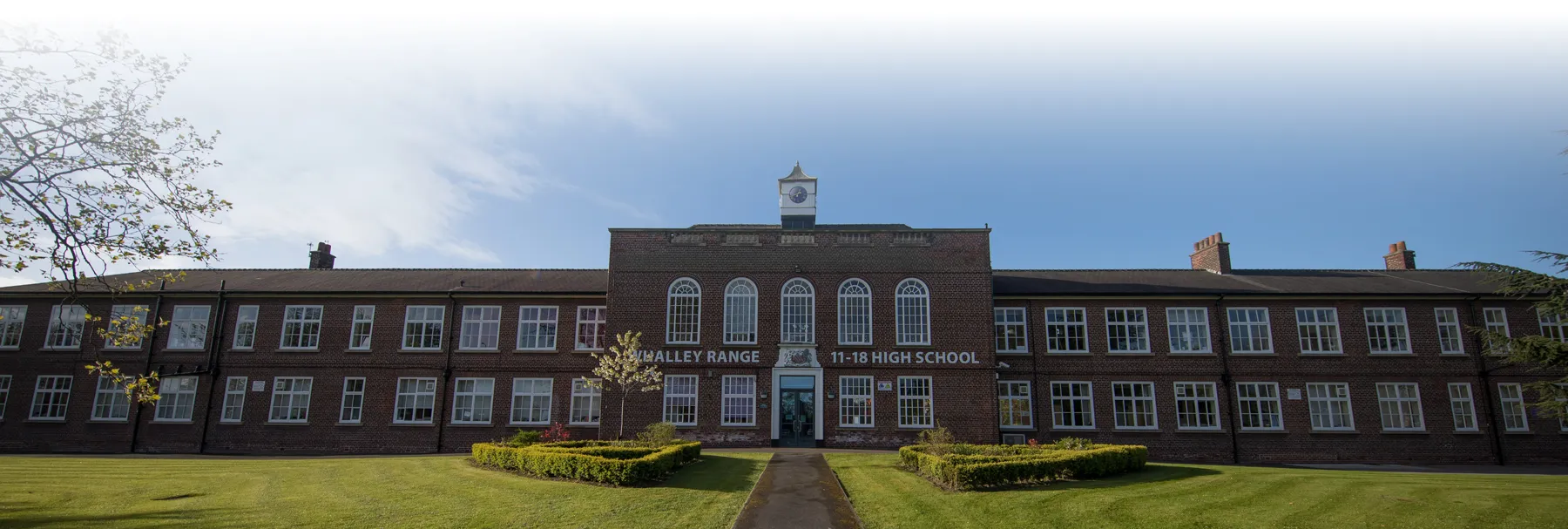World Languages
Vision
To create confident and curious worldwide communicators.
Curriculum
Contact Information
Head of Faculty: Ms L. Van Hoof (lvanhoof@wrhs1118.co.uk)
Assistant Head of Faculty: Mrs C. Merchant / Miss C. Boulesteix
To create confident and curious worldwide communicators.
Head of Faculty: Ms L. Van Hoof (lvanhoof@wrhs1118.co.uk)
Assistant Head of Faculty: Mrs C. Merchant / Miss C. Boulesteix
Learn more about the faculties in our school and what they have to offer:

We strive for excellence and are very proud of our achievements and affiliations.
If you believe something is missing or should be removed from the list below, please let us know.